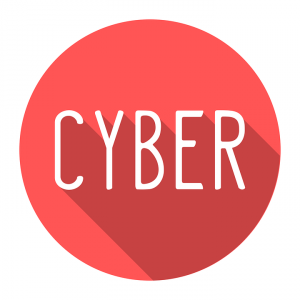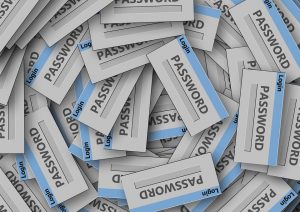
In-depth Training for Employees in Cyber Security Prevention
You and your information technology expert need to come up with basic security practices for your employees. There need to be clear and concise rules of behavior for your employees regarding passwords and customer information.
Protect all sensitive Information from Cyber Attacks
Starting with just keeping the computers clean and always running the latest security software on schedule. Make sure you are install all of the proper malware, antivirus, and key software updates. If you and your IT Professional are constantly paying attention to cyber security, the employees will take more of an interest as well.
Make sure you purchase the proper Cyber Insurance Policies
Cyber Security Insurance comes in two forms that are usually packaged together. The first is commonly referred to as Data Breach Insurance and it covers your first party damages to you and your business. The other coverage is commonly referred to as Cyber Liability Insurance. This coverage protects your business from the third party liability your business may have to customers and other parties who may be damaged by a data breach that occurs within your business.

Do not forget about having a policy regarding Mobile Devices
Mobile devices are such a common part of our lives now that many people forget to realize their phones are a prime target for criminals to access a business’s sensitive information. Many employees may want to have access to their company email on their phones, especially if they travel much for work. Having a well thought out policy that you are comfortable with and adequate measures to check that your employees are following the procedures is essential.
Make backup copies of important business data and information
There should always be a way for you to retrieve customer’s sensitive information. Microsoft one drive is a great fairly new software program that allows you to store and share information internally. If you can afford it, having a second server at a separate location may be necessary depending on how much information your business does store.

Strictly control access to your computers and create user accounts for each employee
This can help dramatically if you have an internal problem. Knowing who was logged in at the time of the access can help determine where to go to find information about a hack. It may be as simple as an employee who opened a zip file in an email and they are scared to bring that to your attention fearing retribution or it may help you find the source of employee theft.
Secure your Wi-Fi networks
Properly securing your Wi-Fi network may seem like something obvious to prevent a hack. For small businesses owners without a lot of technology experience may not know how to do this or the need for this type of security. This should be the first and foremost thing a small business should do to prevent unauthorized access. This is important to consider for businesses that are open to the public or may offer Wi-Fi access to their customers.

Passwords and authentication
Passwords protection is crucial to defending your business from a data breach. It is important to give your employees hard examples of what is a good password and what is not. What may seem secure to one employee may be something as simple as October which is not acceptable in the least bit. Here are some examples of password you can use to demonstrate strong and weak passwords.
6f8Il,E6pg%j2
This would be an example of a password that is extremely secure.
BaSkeTBaLl_2741+3657
This would be an example of a password that is a little less secure, but easier to remember.
JoeSmith or password
These are examples of terrible passwords that should never be used.
You will find many employees like to use something similar to the middle password. This is because it has some resemblance to a word they can associate with to remember the password more easily. I personally like this because, in the Fall I might use Football or Autumn, in the Winter I might use basketball or Thanksgiving. As long as you are keeping the other numbers and special characters random it is difficult for hackers to hack through these secure passwords. The birthdays of yourself or a family member should never used. There should also be a time period for how frequently a password must be changed. Every 90 days is a good rule of thumb, but many businesses have different requirements based on the needs of their organizations.



